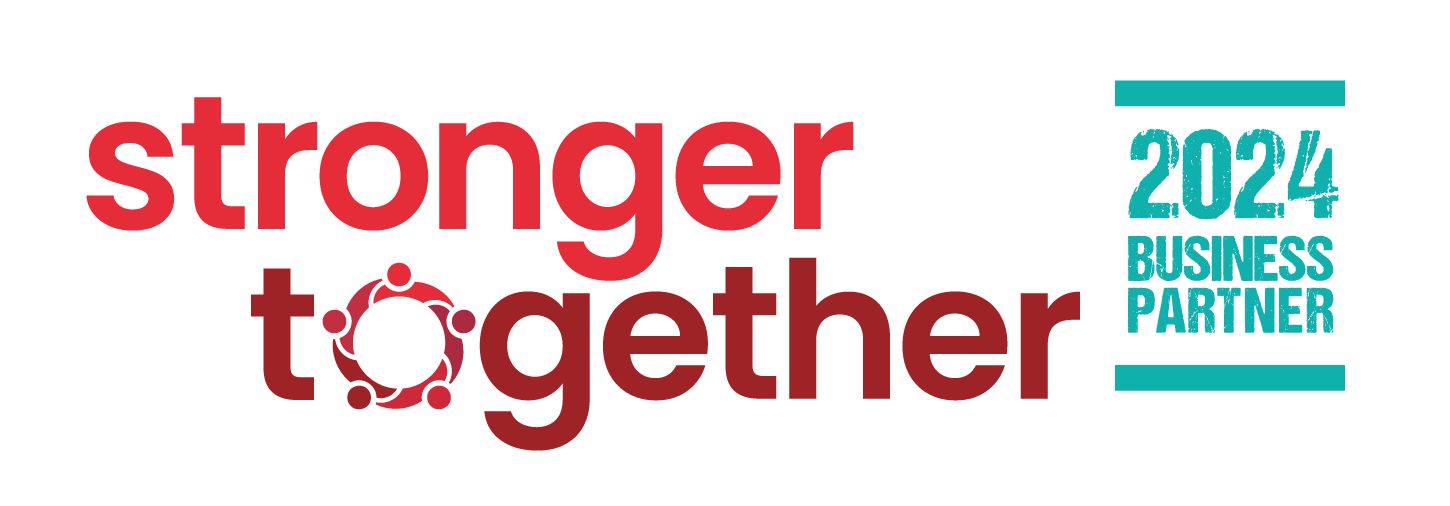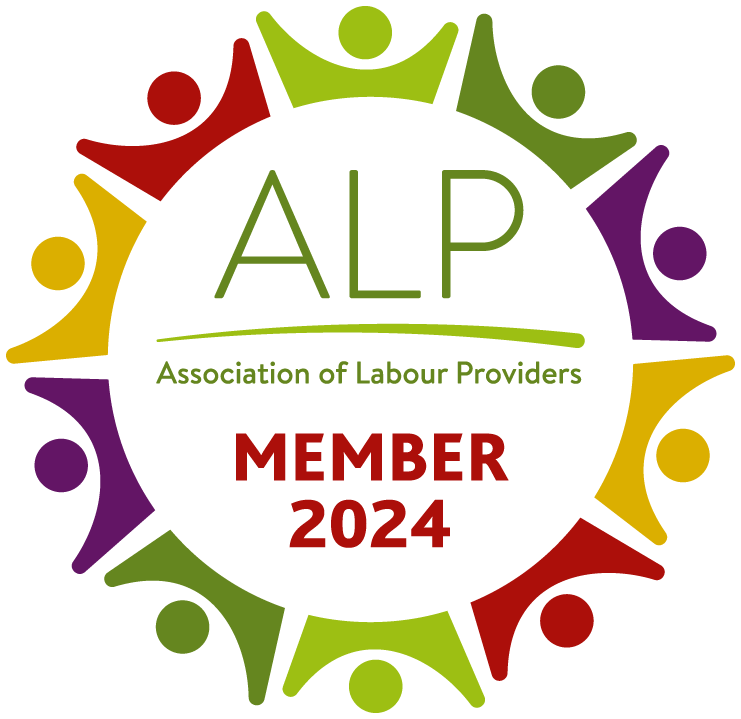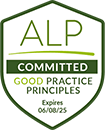At Connect Appointments, we understand that the temp recruitment process can be overwhelming, especially if you’re new to it. That’s why we’ve pulled together some FAQ’s by our candidates to help you navigate the process with ease.
General FAQ’s
What is temp work?
Temp work is short-term or contract work, typically lasting from a few days to several months. It’s an excellent way to gain experience, develop skills, and earn money while searching for a permanent role.
Why work with a recruitment agency?
Working with a recruitment agency like Connect Appointments has several advantages. We have access to a vast network of clients, including many who don’t advertise their vacancies publicly. We can also provide you with support and advice throughout the recruitment process, from CV writing to interview preparation.
Is there a fee for using your services?
No, there’s no fee for using our services as a temp candidate. Our fees are paid by our clients.
What kind of roles do you recruit for?
We recruit for a wide range of temp roles across various industries, including: production and manufacturing, logistics and distribution, office support and admin, driving and transportation, technical and engineering and more.
Applying for a Temp Role FAQ’s
How do I apply for a temp role?
You can apply for a temp role through our website or by sending us your CV via email. Once we receive your application, one of our consultants will contact you to discuss your requirements and match you with any suitable temp roles that we have.
What do I need to include in my CV?
Your CV should include your contact details, work experience, education and qualifications, and any relevant skills or achievements. Make sure your CV is tailored to the role you’re applying for and highlights your relevant experience and skills.
How long does the recruitment process take?
The recruitment process varies depending on the role and the client’s requirements. We’ll keep you updated throughout the process and let you know as soon as possible if you’ve been successful.#
Temp Work FAQ’s
How long will a temp role last?
The length of a temp role can vary from a few days to several months, depending on the client’s needs.
How much will I get paid?
Your pay rate will depend on the role and the client’s requirements. We’ll discuss the pay rate with you before you start the assignment.
What if I’m not happy in the role?
If you’re not happy in the role, please let us know as soon as possible. We’ll work with you to find a solution and ensure you’re placed in a role that’s a better fit.
GET CONNECTED
We hope this FAQ’s guide has answered your questions about temp work and the recruitment process. If you have any other questions or would like to apply for a temp role, please get in touch with us. We’re here to help!
Temporary employment is a great way to get your foot in the door with one of our clients and occasional shift work is an ever-expanding business. We tell you how to get the most out of a short-term contract.
Flexibility
One of the biggest perks to temporary work is the flexibility it gives you to take complete control of your working life. You won’t have to worry about taking your responsibilities from work home with temporary employment, allowing you to maintain a healthy work-life balance. Short-term employment gives you the option to build your work life around other commitments.
Building skills
You already have a plethora of skills that you may not even know about, and with each role you work, you will improve certain aptitudes. From communication to project management, everyone in the workforce can learn on the job. It may only be temporary work, but going into a job with an open mind and being proactive in learning all you can will go on to benefit you in the long run.
Upgrade your CV
Each time you start a new role include this on your CV, regardless of the length of time spent with a business. We pride ourselves on working with some of the leading organisations in the UK, having these names on your CV is always going to look good. Keeping your CV updated will also give you the chance to reflect on the skills you have learned within each role.
Networking
Short-term work within organisations at the top of their industries means you can build your contacts. Connecting with colleagues during temporary employment is key: the people you meet may be able to act as a reference, managers who are looking to hire permanent staff, or it could simply be an opportunity to make new friends.
In the money
When you start working, it is important to know that this may impact the amount of benefits you can claim. As you start to earn more, the Universal Credit you are eligible for will gradually reduce. Unlike Jobseeker’s Allowance, your payment won’t stop just because you work more than 16 hours a week. In some cases, you may be eligible for a work allowance. A work allowance is the amount that you can earn before your Universal Credit payment is affected. Turn2Us have a free benefit calculator to help you calculate not only what benefits you are entitled to, but how much you can expect your monthly income to be.
Positive attitude
You may only be working in your short-term or temporary contract for several days or weeks, it might only be a couple of shifts, but if you go in with the right attitude then the potential is limitless. If you are regularly doing shifts with a company and a similar role arises, they might consider you first for the position. When you are known, reliable and understand the business, the potential for permanent work is always there during temp roles.
Understand your rights
From the day you start work, you’ve got a worker’s employment rights, and the same rights as your permanent colleagues to use shared facilities provided by th employer. After 12-weeks in the job, you’ll qualify for the same rights as someone employed directly, also known as ‘equal treatment’, which includes the same pay as a permanent colleague doing the same job, automatic pension enrollment and paid annual leave.
A tailored workforce
If you are an employer, temporary workers supplied by an agency could be the answer to any demanding or busy periods within your company. Making an immediate difference to any role they are placed in; temporary workers are also fast to hire. In the past we have had clients call us on the day requiring staff to start at 9am – we are committed to making sure this happens.
Whether you have had an unexpected job come through, or you have absences to cover, temporary workers can make a real difference. Sourcing temporary workers during busy periods can be extremely efficient and offers flexibility to ensure tasks are completed. Bringing skills, experience and knowledge to your workforce, temporary workers can even provide new industry information to current, permanent members of staff.
When a permanent position is required to be filled temporary workers can slot into this role during the set recruitment period. If you want to find out more about how temporary workers can boost your business, call your nearest Connect Appointments office now.
Confidence for an interview comes with being prepared. Our top tips will see you leaving a positive, lasting impression in no time.
DO YOUR RESEARCH
Look at the company’s website, their competitors – even look at their news page – to learn more about the company. Researching will show an employer you know about the company: their ethos, history, products and market sector. A few sentences will demonstrate the work you’ve put in, and it could go a long way during the interview.
TIME TO CONNECT
Take the time to learn how certain employees got to their current position. Did they work their way up the ladder? LinkedIn is a perfect tool to get a deeper understanding of a person’s career path, and of the opportunities available in a company.
SO, TELL US A BIT ABOUT YOU…
This is your chance to shine. In a 30-second summary of your educational career, your interests, extracurricular achievements – and finally, what job it is you want – you will take your skillset to new heights. During an interview, we call this the elevator pitch.
EXPLAIN
During the interview you may be asked to explain, or expand, certain points on your CV, so prepare concise explanations to detail what you did or learned in each experience listed. Illustrate what you achieved and the skills you used – and how you plan on expanding them further. When explaining your skillset, highlight how you are best placed within a position, it will help the interviewee to understand what you’re looking for and what you can bring to the table. Don’t forget: the interview is a twoway process.
DRESS (AND ACT) THE PART
Unless stated otherwise, it is important to attend your interview in appropriate, smart clothing (so, leave the baseball cap at home). Remember, you’re going into an office environment for your interview and turning your phone off to providing a firm handshake – whilst maintaining eye contact – will impress.
EXPECT THE UNEXPECTED
Life can throw a curveball. Transport links failing or waking up with a serious case of flu: it happens to the best of us. Maintain a professional stance in this case. If you are running late take the time to let the interviewer know over the phone, you might not be the only interview booked in. Similarly, don’t turn up 30 minutes early, the earliest you should be for an appointment is five minutes.
For personalised interview advice from one of our consultants, get in touch with your nearest branch today.
Get connected with all the latest recruitment news by following us on Facebook, Twitter and Instagram.
At Connect Appointments the initial information we get about you is from your CV. Use our top CV tips to ensure that you impress your consultant first, then the employer.
KEEP IT CONCISE
Use your editing skills to ensure your CV only includes the relevant information. Try to keep your CV to two A4 pages at most, and make use of bullet points.
POWER OF THE PERSONAL STATEMENT
There’s no denying that your cover letter is crucial, but keep in mind that recruiters may lose track of your letter and focus entirely on your CV. For this reason, a small blurb – or personal statement – at the top of your CV detailing your career objectives and what you’re looking for in your next career venture allows you to reintroduce yourself to a recruiter. It’s a fantastic method of summarising your entire CV into a couple of sentences, and gives you the opportunity to really sell yourself. Make sure to tailor your personal statement for each job role you apply for, this shows attention to detail without taking up valuable word count.
HIGHLIGHT YOUR SKILLS
Regardless if you’re proud of your grades from school or you wish you had done better, it’s important to include each qualification on your CV. It lets a recruiter get to understand your base knowledge of a subject and see how you’ve taken it forward into your working life and progressed on those skills. However, if there is a particular grade you would rather not shout about you could list the topics you studied and highlight the ones where you achieved good grades.
When you progress further in your career, and have a wealth of experience and roles to reference back to, the onus on your grades from secondary school or college aren’t as integral. Briefly mention them, but give more focus to the skills and experience you’ve gained through various jobs and work placements you’ve held.
KEEP IT STRUCTURED
Every employer studies a CV differently. Even so, each CV should be chronological and showcase your skills and personal attributes. Always include your name and contact details at the top followed by your personal statement. Then go onto include your work experience and qualifications. When it comes to work positions, only include roles you think are relevant for the industry you are apply for. The education section should include all your qualifications from school, degree or apprenticeship, to industry qualifications.
REFLECTION IS KEY
Always include roles that are pertinent to your chosen career to highlight your former experience. But, make sure to go beyond the job role – many positions will have similar responsibilities. What did those roles teach you? Reflect on what you’ve learned, any awards or qualifications you achieved and how you went above and beyond the call of duty to excel in the workforce. From being nominated as employee of the month, training new team members, or even holding a clean, full drivers’ licence will instantly appeal to our recruitment consultants and any potential employers.
IN THE PICTURE
Fun fact: recruiters spend on average just six seconds looking at a CV. Grabbing their attention is vital, and images are a great way to do just that. Use the logos of your past employers to make your CV more visual. In a glance a recruitment consultant will recognise what companies you’ve worked for. Bear in mind this works far better if you’ve had a role with an instantly recognisable brand – a grainy photo of a small business logo won’t make the cut.
CHECK IT TWICE
Mistakes happen, but try to avoid errors on your CV. The best way to do this is to check it over for any spelling or grammatical errors, or ask someone you trust to proof read it for you. A typo could land your CV at the bottom of the pile, even if you have all the relevant skills – so get checking.
Get connected and discover how Connect Appointments can help you achieve your next permanent, temporary or contract role. Get in touch with your closest branch today!


